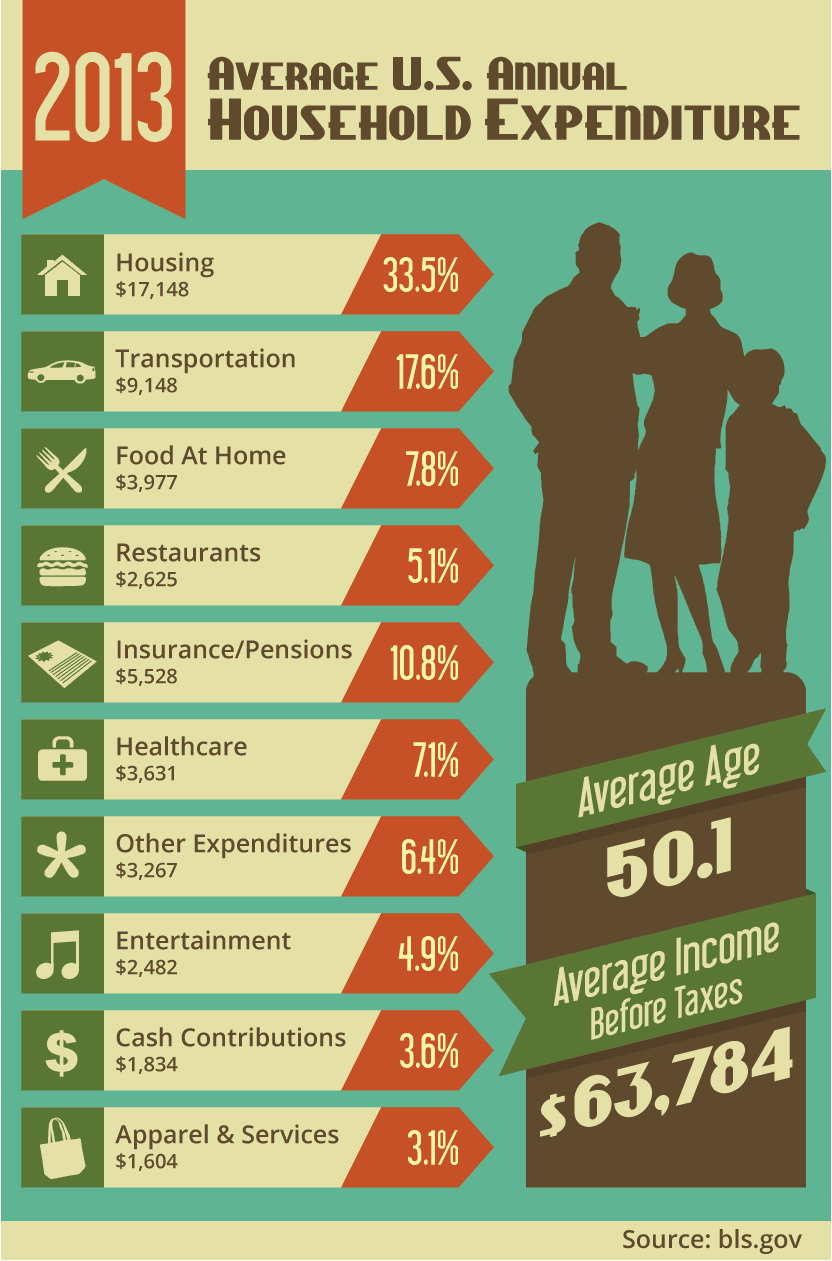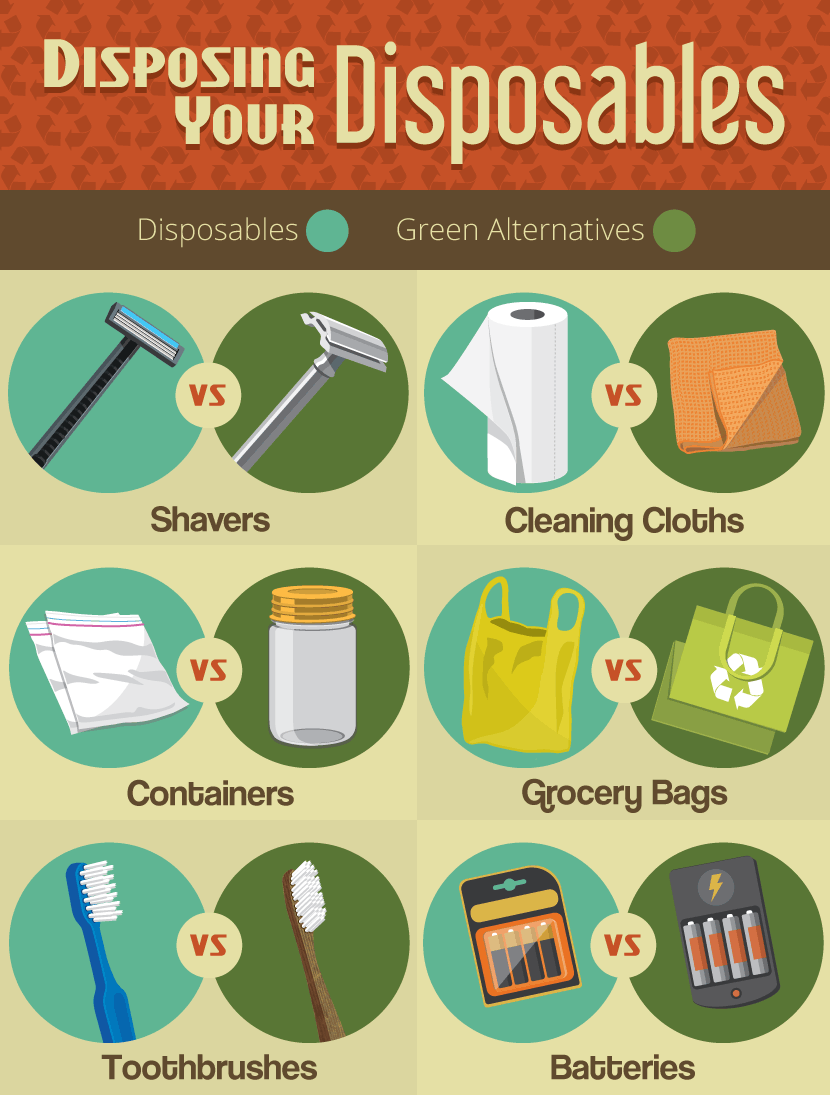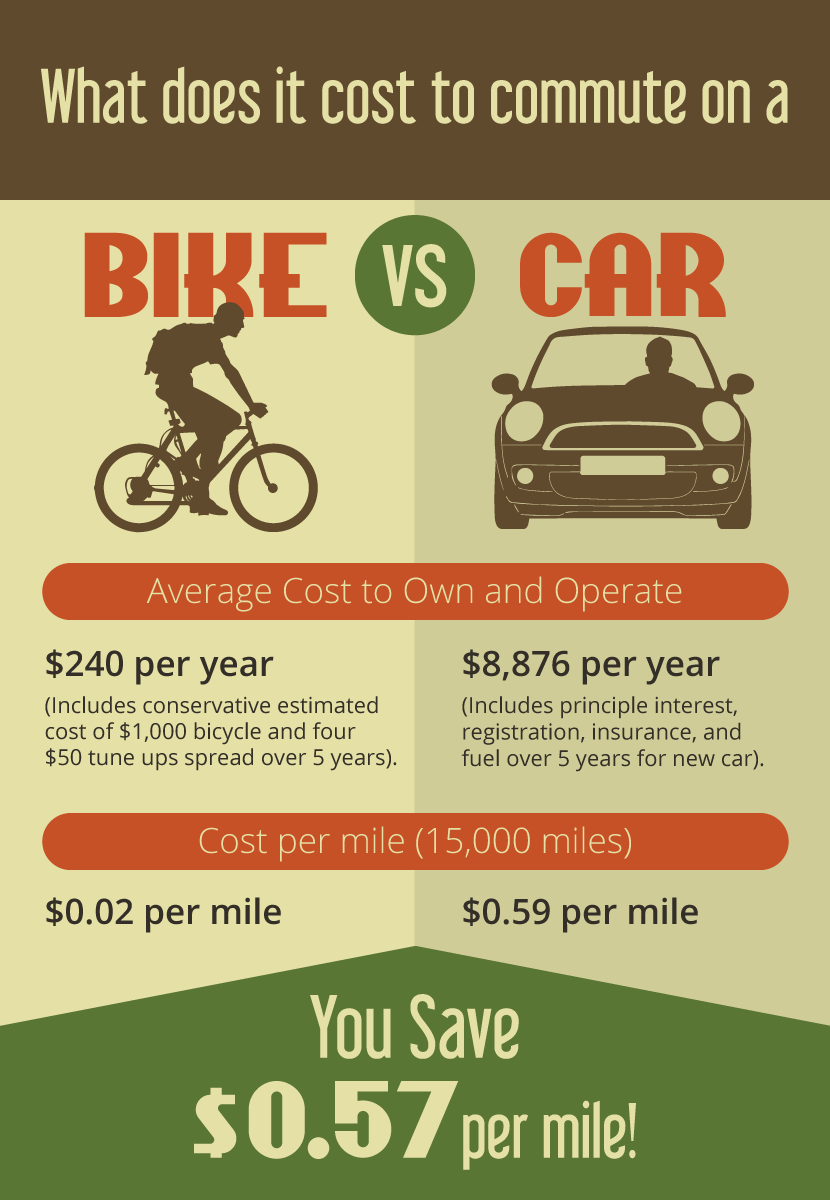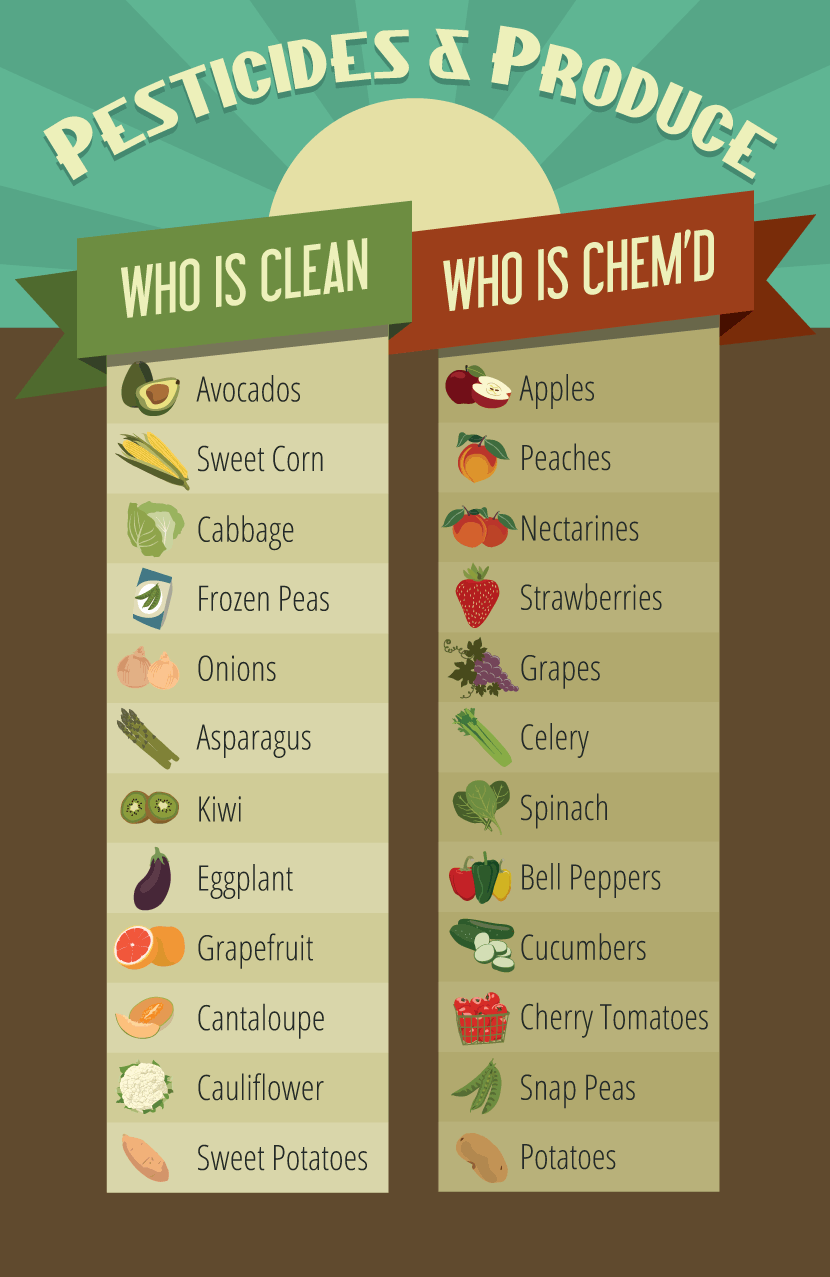Going Green on a Budget
At first glance, going green can seem like an expensive endeavor – organic apples, fair-trade coffee, and sustainable cotton often come with a higher price tag. And, yes, if you simply replace what’s in your cupboard with the more expensive green version, you’re bound to bust your budget. But going green isn’t simply about switching your consumption to green products, it’s about reducing your consumption altogether and wasting less food, less material, and less energy. The less you waste, the less you spend!
Budget Breakdown
Housing, transportation, and food are the big three expenses in most households, and they’re also where you’ll get the biggest bang for your eco-buck.

The first step is to get tracking – find out where your money is going so you can find out where your money can be saved. If you’re not keen on designing your own spreadsheet, Mint, YNAB, and Personal Capital are all popular options for personal finance tracking or budgeting. The next step is to take a critical look at your expenses and identify where there’s room to reduce your spending, consumption, and waste all at the same time. Let’s start with the biggest expense – housing.
In the House
Renters and owners have different expenses. Renters have rent, insurance, utilities, and minor household items like light bulbs to look after. Homeowners have a mortgage, insurance, property taxes, utilities, and maintenance costs that can be expensive and unpredictable. But the one common thread is that bigger housing means bigger expenses – more space to heat, cool, power, and clean means more energy used. That’s why tiny homes and apartments are becoming big business. If you’re not in for an extreme downsize or a roommate, consider how much house you really need and how a smaller space might boost your bottom line with lower rent, mortgage, taxes, and utilities.
The low-hanging fruit for reducing energy use in the home is switching out light bulbs, showerheads, and appliances for eco-friendly versions. This is a great step, but the truly budget and green-conscious will realize that leaving the lights on all day, taking an hour-long shower, and running the dryer twice a day is wasteful even with the greenest bulbs, fixtures, and appliances. The real change needed is a behavioral one – such as turning appliances off when they’re not in use, reducing or recycling water, and drying clothes on the line. Proper maintenance of your appliances will also keep them humming along efficiently and extend their lifespans.
Rent and mortgage will always make up the bulk of your housing budget, but little things, such as cleaning products, furniture, and household items like cookware and batteries, add up. You can use these three strategies to green your household on a budget.
- Do-it-yourself: Try your hand at making cleaners and detergents at home based on natural and inexpensive products like baking soda, borax, and vinegar. Make repairs instead of buying replacements. Repurpose materials from around the house into new treasures.
- Buy second-hand: Check out the nearest thrift shop instead of the big box store for clothes, furniture, and cookware. Amongst the duds lie packaging-free gems at steep discounts.
- Dispose of disposables: Check your trash to see what items you’re consistently throwing out and look for reusable replacements.

Killer Commute
Transportation costs will always be high for car owners and for the environment. On top of the initial purchase price and rapid depreciation, there’s insurance, registration, licensing, maintenance and repair, fuel, parking, and tolls. Those just don’t compare to a walker’s yearly new pair of shoes, a rider’s monthly bus pass, or a biker’s new tire. The health and environmental benefits of biking are astounding – in 2012, bicycle travel in the United States prevented almost 3.4 million metric tons of carbon that would have been released by cars traveling the same distance.
If your transportation budget is high, consider alternatives like car shares, carpools, buses, bikes, and walking before you start the ignition. Save up your errands for one day, and only use your car one day a week or month. Consider more eco-friendly alternatives, like electric, for your next vehicle. If you’re really keen to go green and save on your transportation budget, the single best thing you can do is move closer to where you work or study and ditch the car altogether. By using your own energy to get around, you’ll save a huge amount of money and carbon, and you might even be able to cancel your gym membership with all that exercise you’ll be getting! It might mean higher housing costs and a smaller space, but your quality of life will improve immensely.

Eat Your Greens
What we feed ourselves is one of the most important contributors to our health. So if your food budget is high, look a little closer to understand why.
If it’s because you’re eating out or ordering in too much, it’s time to invest in some cooking lessons. Plan your meals ahead so you don’t need to hit the café for a quick-but-pricy bite. Use a slow cooker to prepare your supper while you’re away, and refuse to use any more single-use convenience containers.
If it’s because you buy more junk food and processed food than produce at the grocery store, it’s time to re-evaluate your diet. Processed foods are rarely the cheapest, most nutritious option on the shelves. Empty calories mean empty pockets.
But if it’s because you’re indulging in oodles of high-quality, nutritious food from local farmers, I’d say you’re on the right track. You might just need to do some tweaking. Here are some tips.
The organic movement has been a great boon to consumers, but if you’re really strapped for cash, consider going organic for only produce that is most vulnerable to pesticides.

Buy locally and seasonally to keep your budget in check. Load the freezer with cheaper seasonal specialties in the fall to enjoy them year-round instead of splurging on the less tasty imported version off-season.
Buy the dried goods you use regularly in bulk, but skip the big box for a local buying co-op. Smaller-scale co-ops have much less packaging waste because they encourage refills with reusable containers.
Eat nose to tail and root to stem to reduce food waste. Roast your chicken whole and use the bones for broth, and turn your radish leaves into a spicy pesto. Learn to love food and get creative with it. If you buy healthy food that you love, you won’t waste very much of it!
Grow your gardening skills. Start small with easy-to-grow herbs and produce, and enjoy the nearly free fruits and vegetables of your labor.
Barter, Borrow, and Share
Buying new is getting old. The sharing economy is flourishing, saving people money, reducing waste, and bringing communities together. Check your local listings for libraries of not only books but also seeds and tools. Share what resources you have, and barter with others to exchange goods and services directly and avoid the money-hungry middleman. Most importantly, instead of investing in temporary products and things, invest in behaviors, knowledge, and skills that will keep your expenses and environmental costs low in the long run.
Embed the article on your site

